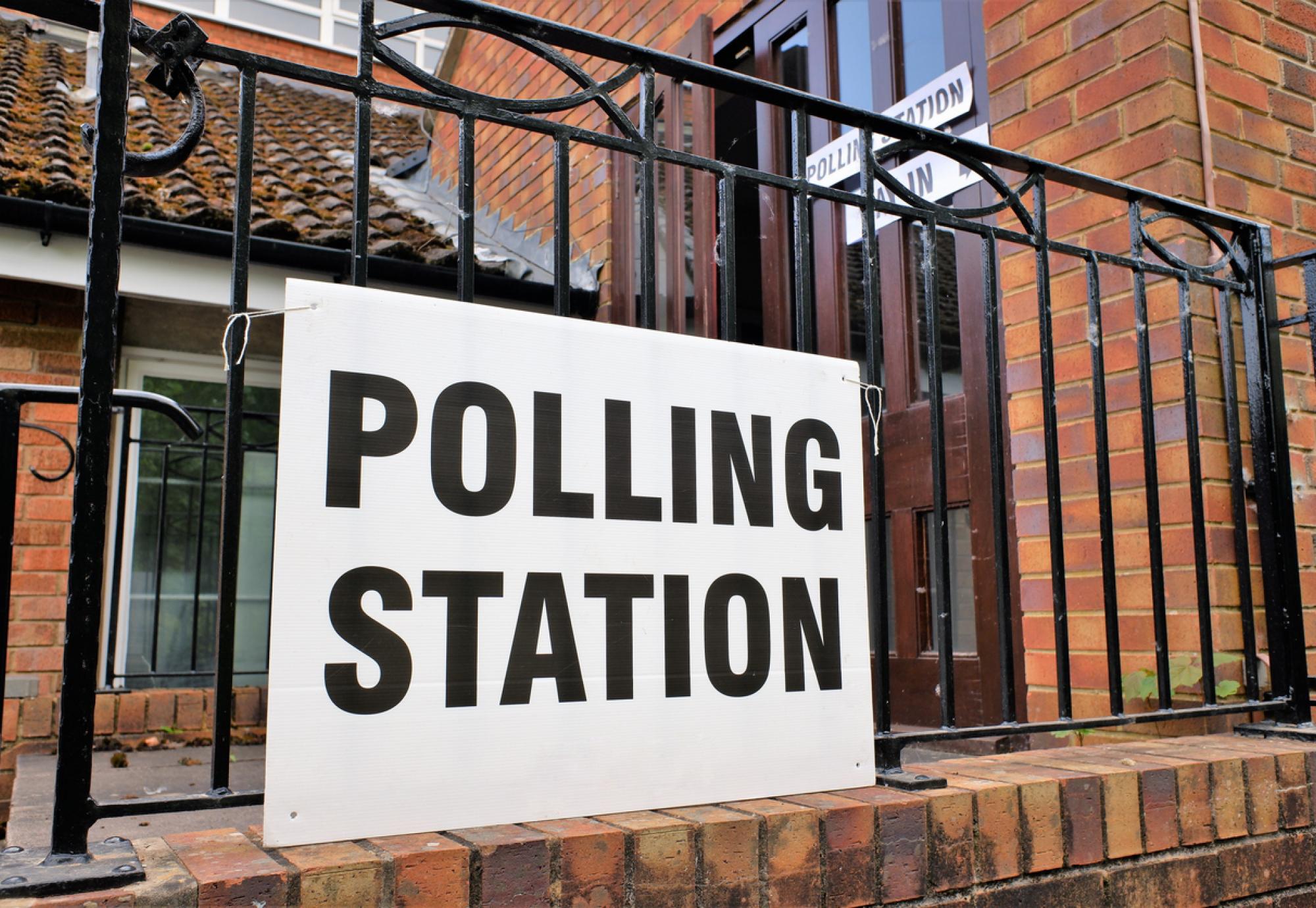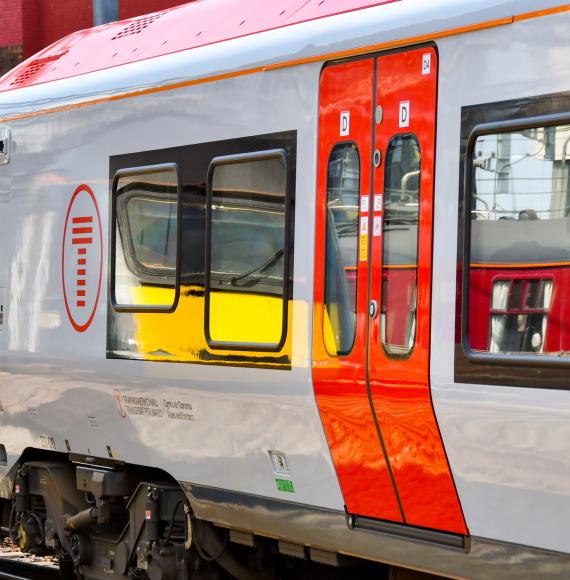A report by the Electoral Reform Society claims the 2024 general election was the most disproportional in British electoral history - and also one of the most disproportional anywhere in the world - as voters displayed the highest volatility in a century.
A new report on this year’s general election from the ERS shows that the parties’ votes have shifted more than at any time since 1931, with voters more willing than ever to ‘shop around’ and vote for smaller parties than in any other election in modern times.
As a result, this election saw a number of firsts such as being the first UK election where four parties received over 10% of the vote, five parties received over 5% of the vote and Labour and the Conservatives received their lowest combined vote share in the era of universal suffrage.
The historically disproportional result also highlighted how the current First Past the Post electoral system, which is designed to work largely as a two-party system, is struggling with the shift towards multiparty voting and is producing erratic results where parties receive seats far out of proportion to the share of the votes that they won.
Notably, Labour received a whopping 63.2% of seats on just 33.7% of the vote, meaning a 1.6% increase in the party’s 2019 vote-share saw it more than double its seats in parliament to 411.
At the other end of the spectrum, Reform UK and the Green Party received just over 1% (1.4%) of the seats between them, after winning more than 20% of the vote combined.
The 2024 election also saw a further eroding of traditional electoral heartlands; with the number of seats the Conservatives have held for over a century almost halved from 94 to 48 – only four of which now have majorities of more than 10,000. Of the 17 seats Labour has held for over a century only three now have majorities of more than 10,000.
A contributing factor to this historically disproportional and volatile election is the rise of ‘cross-pressured’ voters - voters who now find themselves aligned with different parties on different issues, such as one party on economic issues and another on cultural ones.
These cross-pressured voters are more likely to decide later who to vote for and are more likely to switch party between elections, contributing to higher volatility.
The First Past the Post electoral system also meant the vast majority of votes cast on July 4th ended up not counting towards the final result, with 73.7% of votes going to a losing candidate or being surplus votes for a winning candidate.
The report also shows how Parliament would look under different proportional electoral systems that would have produced a much more representative result.
The three systems are the Single Transferable Vote (STV) used for Northern Ireland Assembly and Northern Irish local elections; Scottish local elections; and for all elections in the Republic of Ireland; the Additional Member System (AMS) is used for elections to the Scottish Parliament and to date has been used for elections to the Welsh Parliament/Senedd Cymru; and the list PR system, which will be used for future Senedd Cymru elections.
Other key figures from the report:
- 554 (85%) of MPs were elected without the winner getting more than 50% support in the constituency
- Labour received a seat for every 23,622 votes cast, compared to Reform and the Greens, who won a seat for every 823,522 votes and 485,951 votes cast respectively
- 2024 was the first time since 1923 that the number of third-party MPs elected was over 100
- Labour and the Conservatives were in the top two in fewer than half of constituencies (306) compared to 432 in 1997
- Almost the same number of people didn’t vote in this election as did, with 28.8 million voting compared to around 27.5 million who did not participate
- 2024 was the second lowest turnout at 59.9%, only narrowly missing the previous low experienced in 2001 (59.4%)
Darren Hughes, Chief Executive of the Electoral Reform Society, said:
“It is clear from the general election that the public is voting as if we already have a proportional electoral system, with people voting outside the big two parties in unprecedented numbers.
“Voters are shopping around like never before and switching between parties at a greater rate than we have seen in a century.”
“However, our current two-party voting system is struggling to cope with this new multi-party reality and has produced a parliament that least resembles how the country actually voted in British history.
“This will not help trust in politics, which is at an historic low [3], and is why we need to move to a fairer, proportional voting system that would accurately reflect how the country voted before the next election.”
You can read the report in full here
Image credit: iStock



















